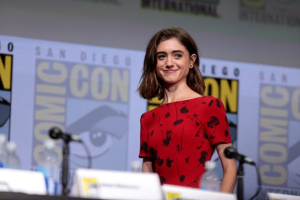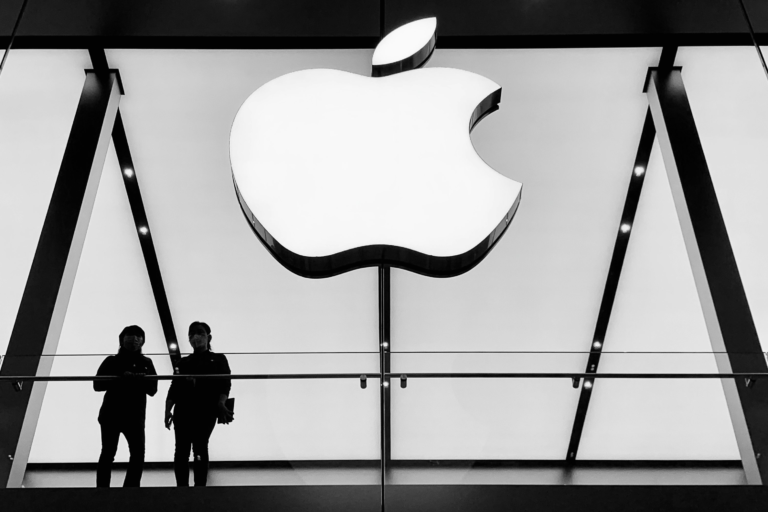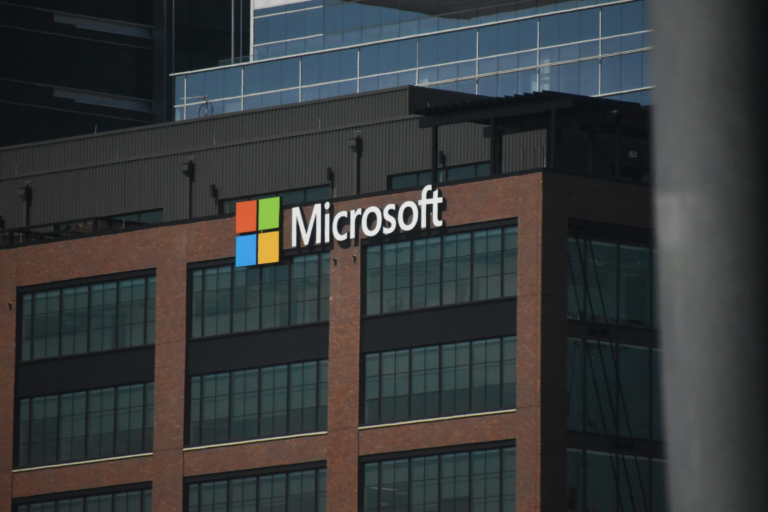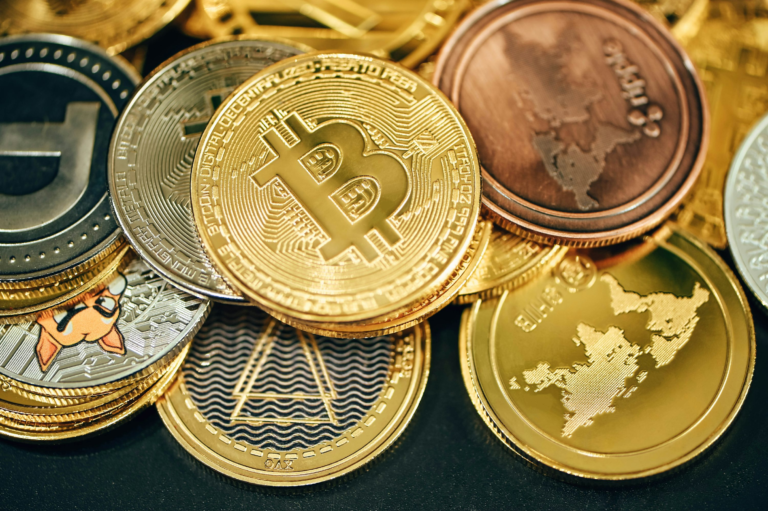A recent court ruling has brought a lot of attention to one of the most talked-about concerns in modern technology: whether AI systems can use song lyrics that are protected by copyright without getting permission first. The decision was mostly about OpenAI and its popular language paradigm, which has been criticised for how it deals with creative works. The case sent a powerful message to the IT world: artists still own their creative works, and the norms that apply to people may also apply to robots more and more.
The disagreement started when a big music rights group said that OpenAI’s chatbot was copying lyrics from famous songs without permission. Their claim extended beyond just random bits of discussion. They said that the AI probably learnt from a lot of copyrighted music that its members possess, and many of them are well-known artists who have been making music for decades. The group said that anyone who wanted to utilise these works needed to get the right licenses, just like any other performer, publisher, or distributor would.
The court agreed and said that OpenAI should not use protected lyrics without getting permission first. The court made it clear that copyright laws still apply even when AI systems are analysing or reproducing content by giving a damages order. This is important because it represents a change in how the law sees AI: the technology may be new, but the rights of creators are still the same.
The music rights group praised the verdict, calling it an important step towards holding people accountable in the age of generative AI. Their leaders stressed that the work of songwriters, composers, and lyricists is the backbone of the worldwide music industry. They also said that the rapid emergence of superior AI tools should not make those contributions less valuable. The group has always been in favour of new technology, but they have always said that new technology must respect ownership. They saw the verdict as more than just a legal victory; it was also an acknowledgement of a long-held belief: creative work should be paid fairly.
OpenAI said that the group’s worries were based on a misunderstanding of how the system works. They said that ChatGPT doesn’t save songs or remember whole works, and that any similarities are just because the model makes replies based on patterns it sees in data. OpenAI doesn’t think that the model’s behaviour is the same as copying. Instead, it shows a mathematical mechanism that puts words together based on chance instead than intention. But the conversation raised a bigger question: does AI not being responsible for reproducing protected content mean it is not responsible?

Lawyers think the decision could have effects that persist for a long time. Regulators all over the world are trying to figure out how to keep creators safe while yet letting AI companies come up with new ideas. The judgement could make other groups like this one ask for explicit licensing rules and open data-training methods. A lot of people consider that this moment shows the bigger conflict between creativity and computation. Artists are afraid about losing control over their art, while AI developers say that a lot of training data is needed to make systems that grasp language with nuance.
There is a very personal tale behind these disputes. Music has always held emotional significance, personal recollections, and cultural identity. When machine-generated writing suddenly has lyrics that mean a lot to millions of people, it makes people feel uneasy right away. Some people who listen to music are worried that AI could make it less valuable by considering it as raw material instead of art that is developed by real life. Some people see using AI as a way to improve artistic expression, as long as the original creators are given credit and paid fairly.
OpenAI has always said that being open is important to them, and they are still working on how their models interact with copyrighted material. But the decision makes it obvious that AI developers may eventually have to employ licensing schemes that are similar to those used by music publishers, radio stations, and streaming services. For a long time, these fields have worked on the idea that you need permission to use someone else’s work. AI may now be in that same group.
This case also shows how people’s expectations have changed. More and more, people want digital businesses to be responsible not just legally but also morally. People want to know that the tools they use are made with respect for human ingenuity. They also want to know that writers, musicians, and other creators aren’t losing their jobs or fame because of the advent of generative systems. This is a complicated time because AI makes it easier and faster to generate material, but it also makes people worry about originality, ownership, and fairness.
When you think about it, it’s evident that the discussion isn’t about halting AI. It’s not about that; it’s about finding a balance. Technology does best when it works with human skill, not when it takes over. A lot of people in the creative sector hope that the decision will lead to a better relationship between artists and AI businesses, one where they work together instead of fighting. For example, licensing deals might let musicians directly gain when their work helps train new algorithms. Some artists are even looking for ways to use AI to help them be more creative, which shows that people can work together when their rights are respected.
The case also brings up questions that haven’t been answered. How can developers of AI be sure that the data they use to train their models is ethical? In a world where machines make content faster than ever, what does “fair use” mean? Should artists be able to choose not to be included in datasets, or should they automatically be paid? And maybe most crucially, how do we make sure that new ideas stay available without hurting the professionals who make them happen?
These questions will probably have a big impact on the future stage of AI legislation. As they try to protect both technical development and creative integrity, courts and lawmakers will have to keep making tough decisions. For now, the verdict serves as a reminder that creativity is important and that even advanced technologies must respect the limits that preserve the work of human artists. The result leaves a lot of room for discussion, compromise, and better systems. It also points to a future where AI and creators could get along better, as long as both sides understand how important the other is to the cultural environment.








